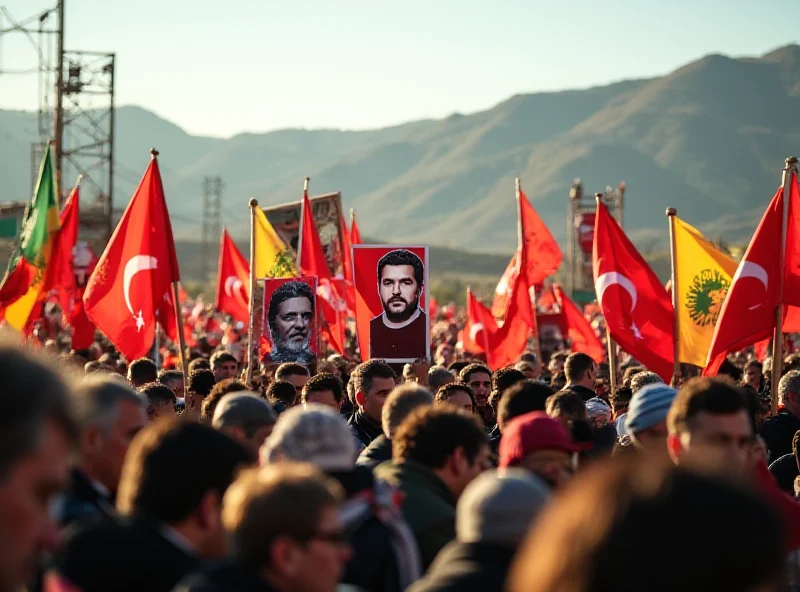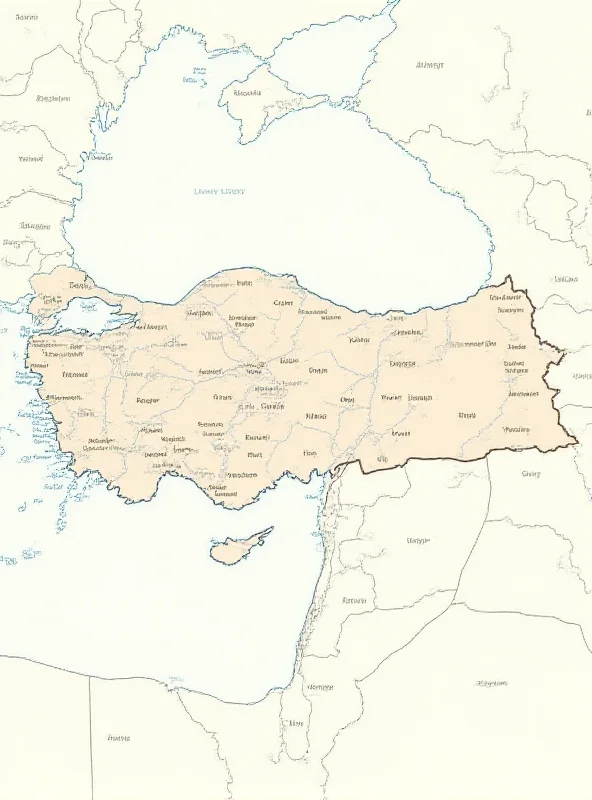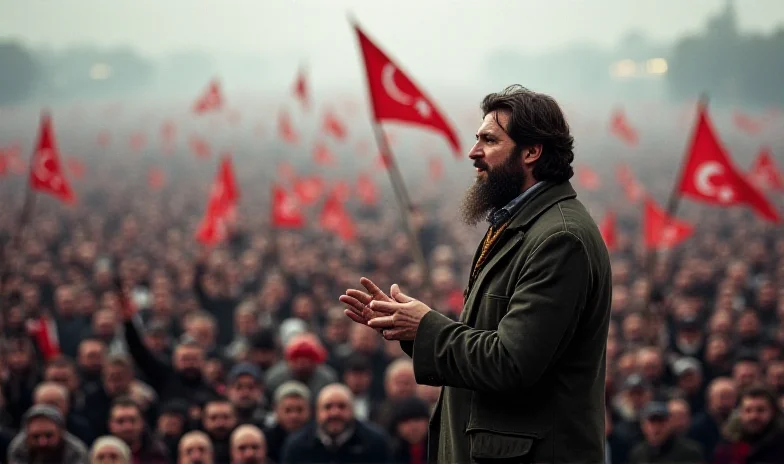In a potentially groundbreaking development, the PKK, a Kurdish group designated as a terrorist organization by Turkey, the United States, and the European Union, has announced a ceasefire with Turkey after 40 years of fighting. This announcement marks a significant turning point in the long-running conflict that has deeply impacted the region's political and security landscape.
The PKK, which has waged an insurgency since 1984, declared the ceasefire through its leader, signaling a potential end to the armed struggle. Turkish media reports that the announcement has been met with cautious optimism, with many hoping it will pave the way for lasting peace.
Hopes for a New Era
The declaration of a ceasefire has sparked hope among supporters of the PKK, particularly regarding the potential release of their leader, Abdullah Öcalan. Öcalan has been imprisoned for many years, and his release has long been a central demand of the group. Whether this ceasefire will lead to negotiations and ultimately his release remains to be seen. 
"This is a historic moment. We hope this ceasefire will lead to a lasting peace and the release of our leader," said a PKK supporter in Diyarbakır, speaking to Turkish media.
International Reactions and Concerns
The ceasefire announcement has been met with mixed reactions internationally. While some have welcomed the move as a positive step towards de-escalation, others remain cautious due to the PKK's history and designation as a terrorist organization.  The United States and the European Union have yet to issue official statements, but analysts suggest they will likely call for both sides to engage in constructive dialogue.
The United States and the European Union have yet to issue official statements, but analysts suggest they will likely call for both sides to engage in constructive dialogue.
What's Next?
The future remains uncertain. While the ceasefire represents a significant opportunity for peace, it is crucial that both sides commit to meaningful negotiations and address the underlying issues that have fueled the conflict for so long. The dissolution of the PKK, as suggested in some reports, could also be a key factor in achieving a lasting resolution.
This ceasefire is not just a pause in fighting; it's a chance to build a future where peace and stability prevail in the region. Whether this opportunity will be seized remains to be seen, but the initial signs offer a glimmer of hope after decades of conflict. 
